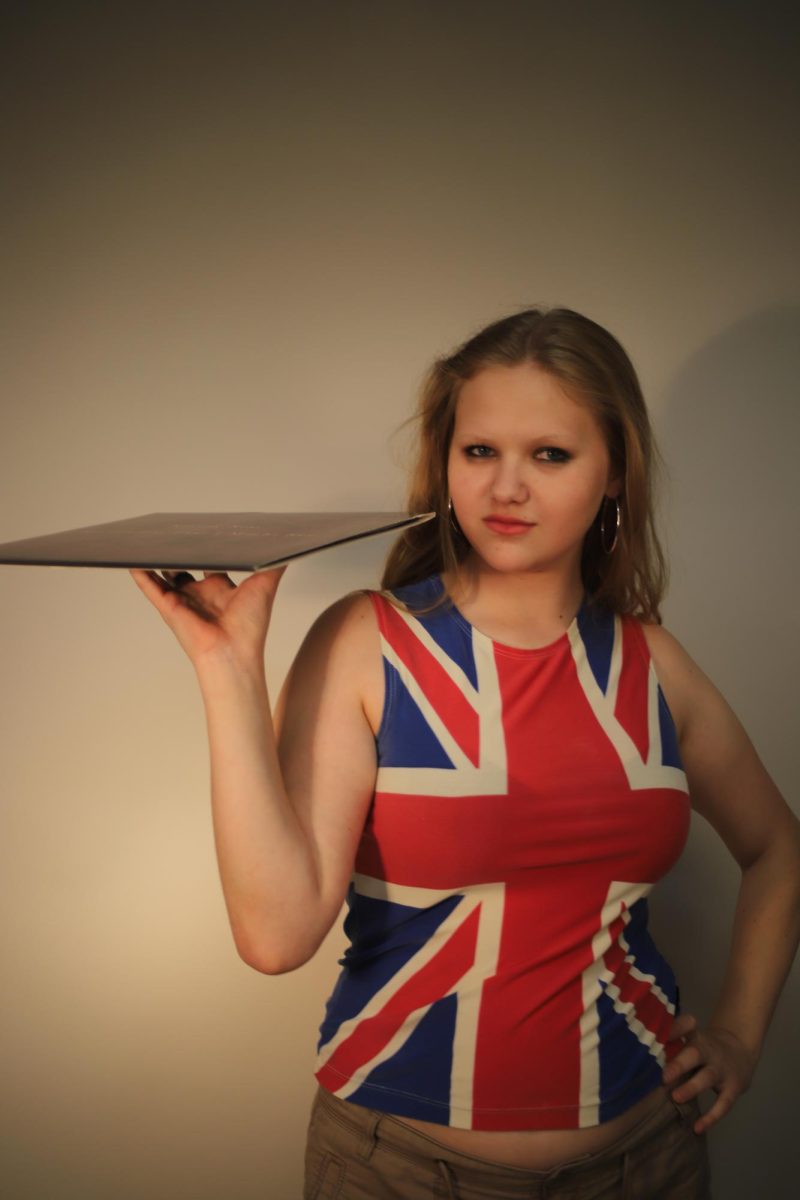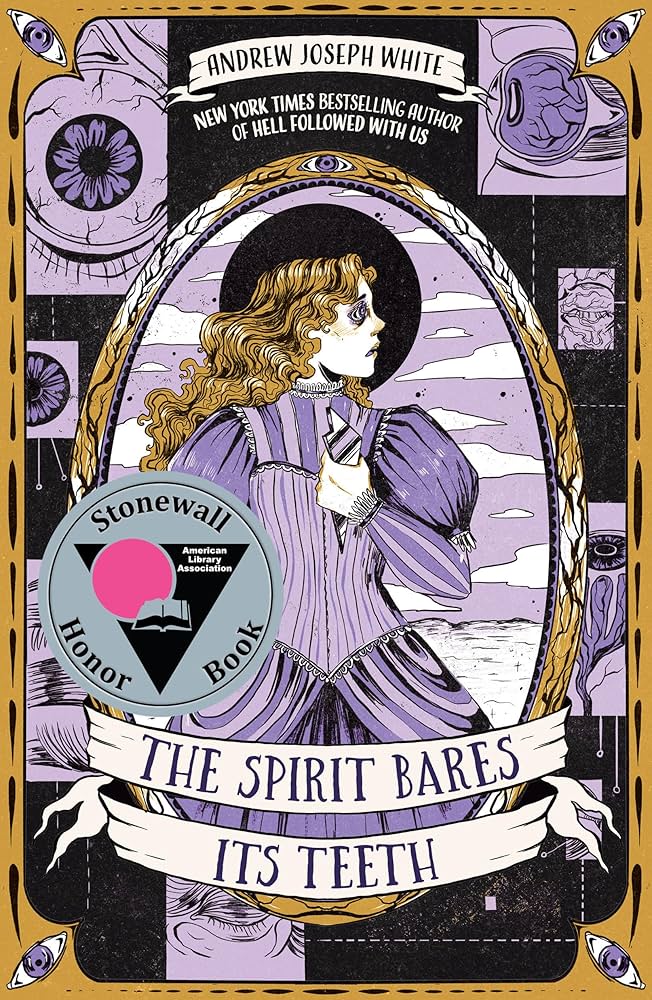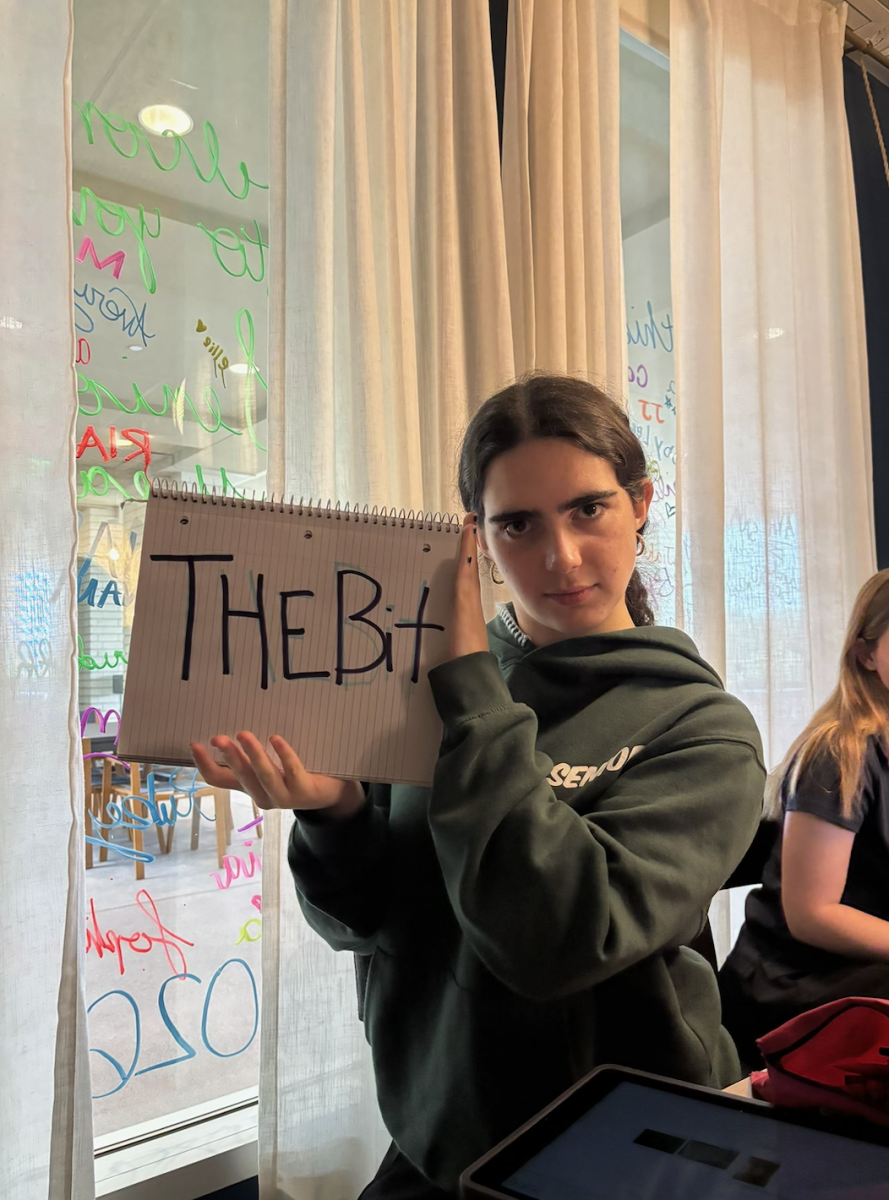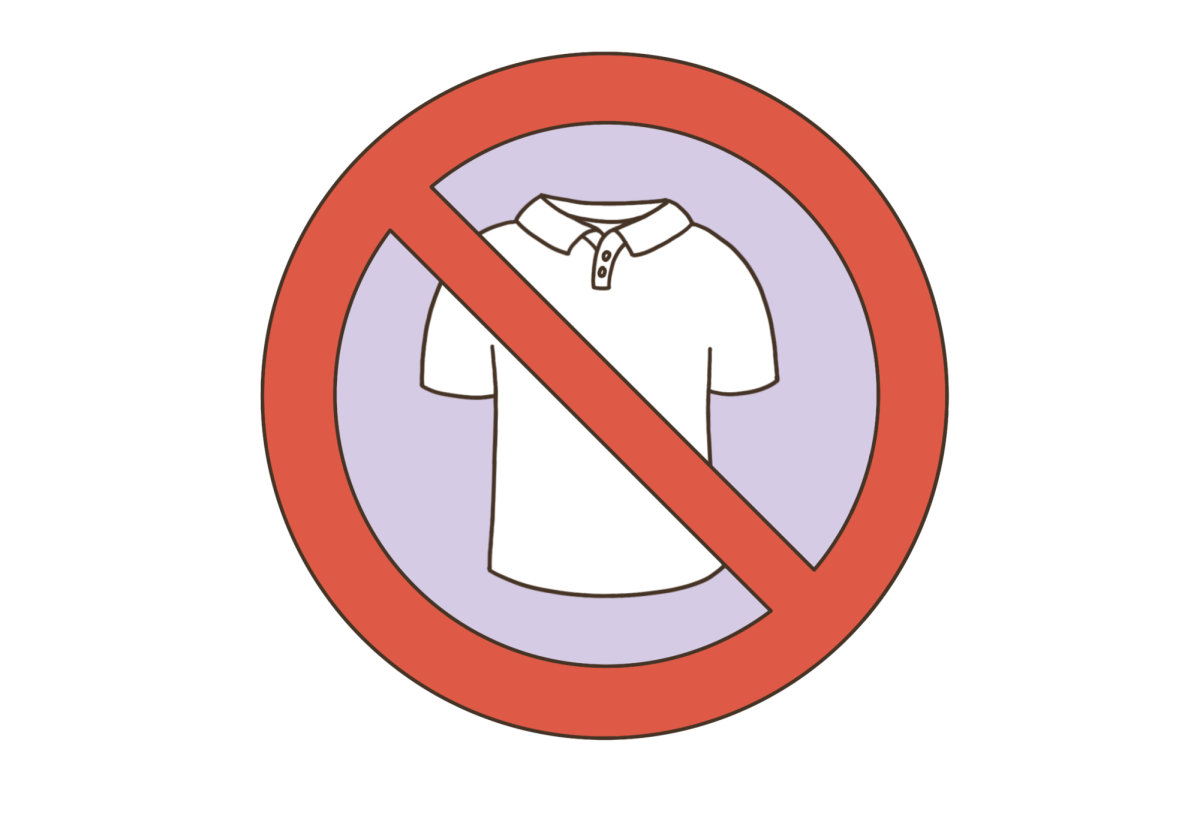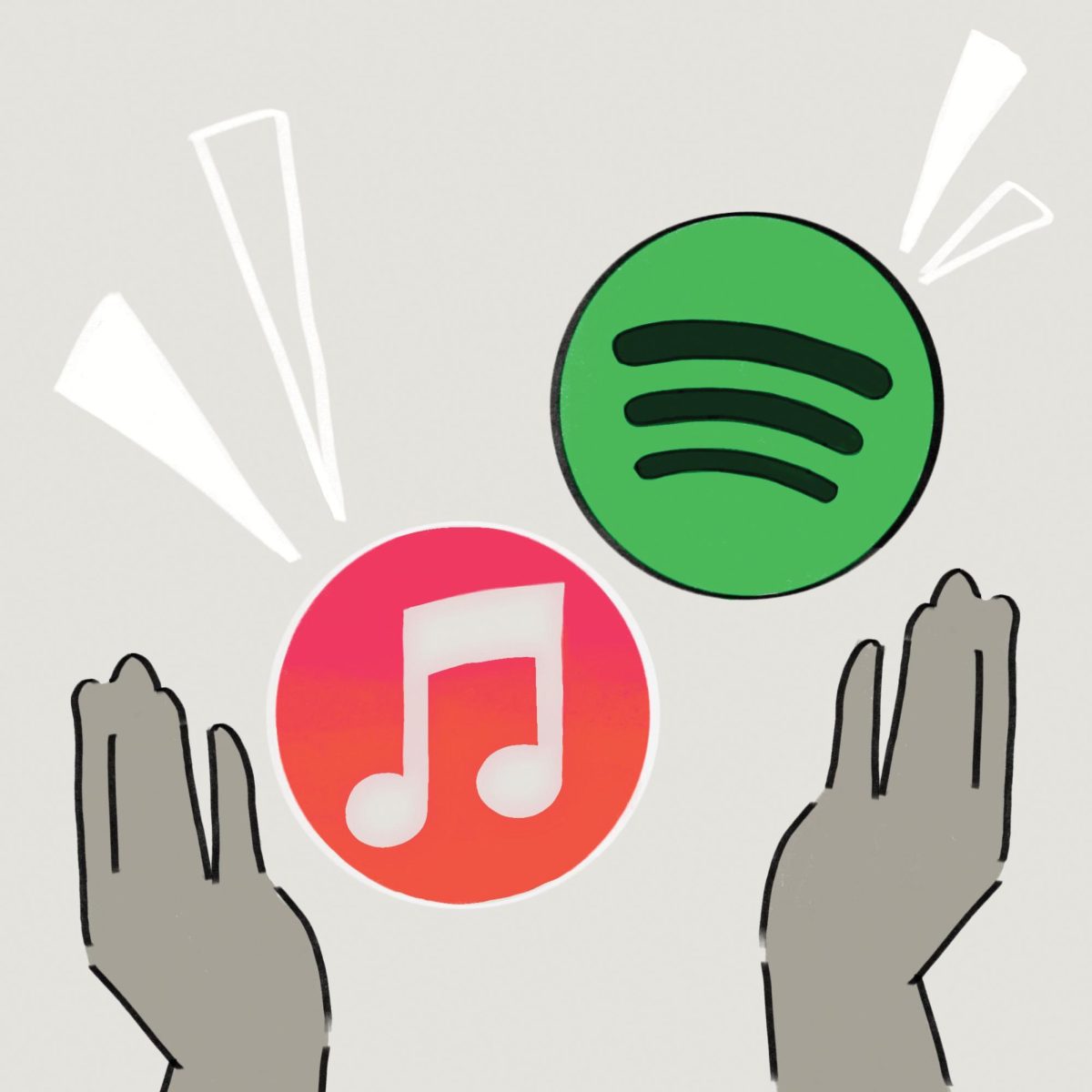I was recently reminded of the ASM in which Madame Gandhi, a musician and activist, talked about running a marathon while free bleeding. I remember envisioning period blood dripping down her leg and trailing behind her on the street as she ran 26.2 miles, and a word crossed my mind: “gross.”
I’m not trying to excuse any stigmatization or provide justification for misogyny, but periods are a natural bodily process, and a lot of natural processes are kind of gross. Period blood is blood, and I would not want blood of any kind to be dripping on public streets. We try to clean up bloody noses and accidental scrapes and cuts when they occur, and while those are not stigmatized, I do not think period blood should generally be treated differently while in public.
Period products exist to provide a service quite like a bandage: they aren’t there to perpetuate a stigma, but rather they’re used because it’s sanitary to find a way to control your period when out in public. The use of period products is not the patriarchal issue at hand, and the most recent free bleeding trend was jokingly conceived by 4chan, an anonymous online imageboard, to undermine real feminist goals by convincing people that it is.
Not only did I find Madame Gandhi’s attempted statement to be counteractive to combating the stigma around periods and menstruation hygiene, but I thought that her free bleeding stunt was a slap in the face to period poverty. Period poverty is a prevailing issue worldwide –– the term denotes the lack of access to sanitary period products, education on period hygiene and/or facilities for cleaning up after yourself.
It is representative of incredible levels of privilege that free bleeders have access to period products and decide not to use them for the purpose of making a statement that does not even address the real issues emerging from period stigmatization.
It is a privilege to be able to turn away period products when, in the U.S., period products are not included in food stamps and are taxed as luxury items, driving up the already relatively expensive cost of a necessity. There are physical repercussions to a lack of access to period products. According to UNICEF, period poverty is linked to reproductive complications and urinary tract infections. Menstruators already have to deal with a physical burden that non-menstruators do not. Access should be a basic right but is far from being treated as such in our country.
Given the stigma around periods in our society, period products can help provide a sense of dignity to menstruators. Period blood can be hard to hide, and if an individual does not have access to sanitary products and facilities necessary to be hygienic while menstruating, it is often visible and may instill the menstruator with a sense of shame. Menstruators struggling with period poverty may even be prevented from going to school or work when they have a period.
No one should feel ashamed for having periods, and I’m not telling you to hide the fact that you menstruate. Choosing to free bleed in public, however, is privileged, unsanitary and unhelpful in alleviating the burden of having a period in our society. If you’re trying to erase the stigma around periods and period hygiene products, be vocal about periods and the issues of period poverty and the pink tax, and talk to your representatives about legislation to promote period equity. There are ways to normalize periods and be period-positive while also being sanitary and respectful of others. However, the right to free bleed in public is not the feminist fight to be had.

